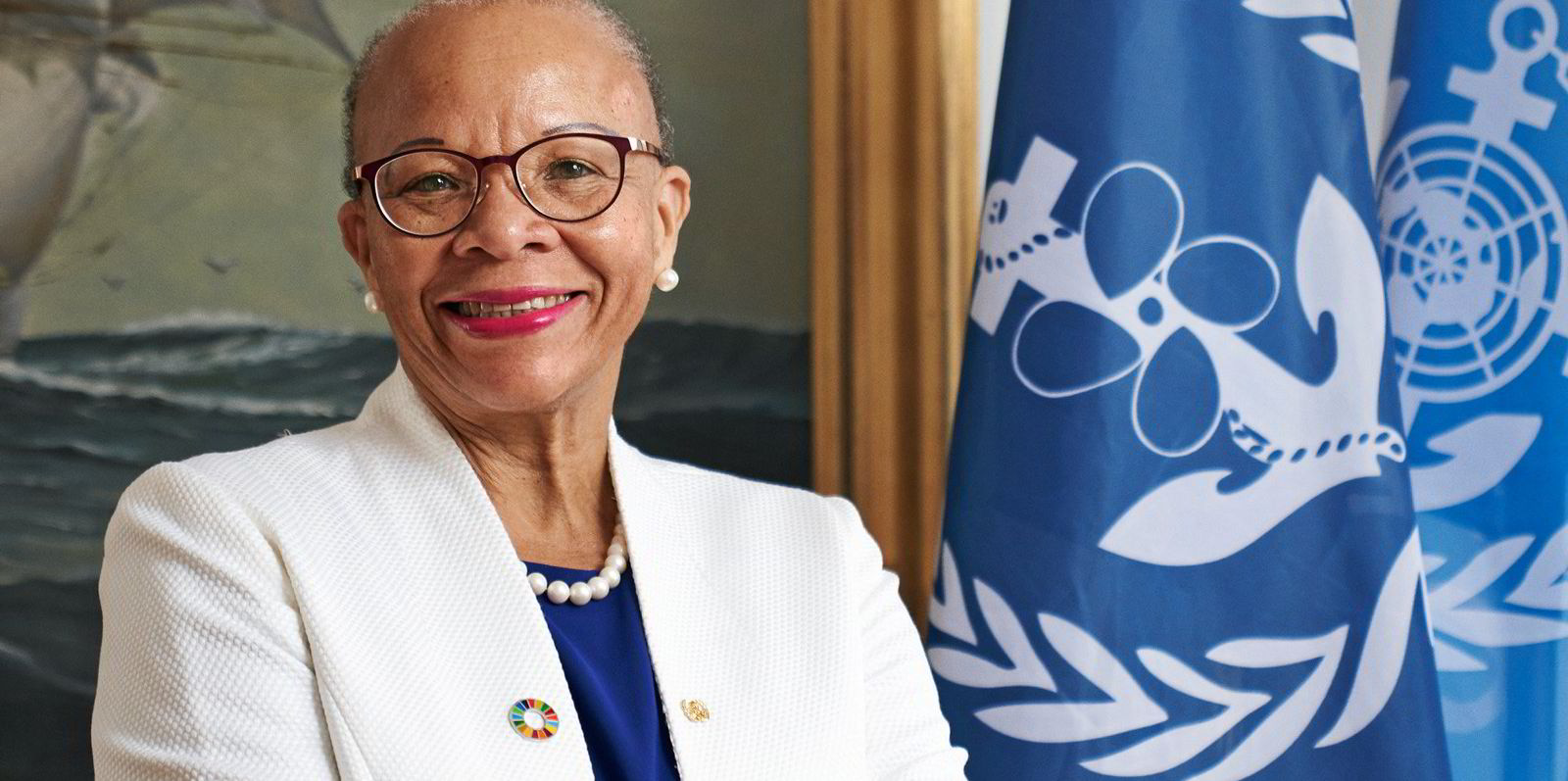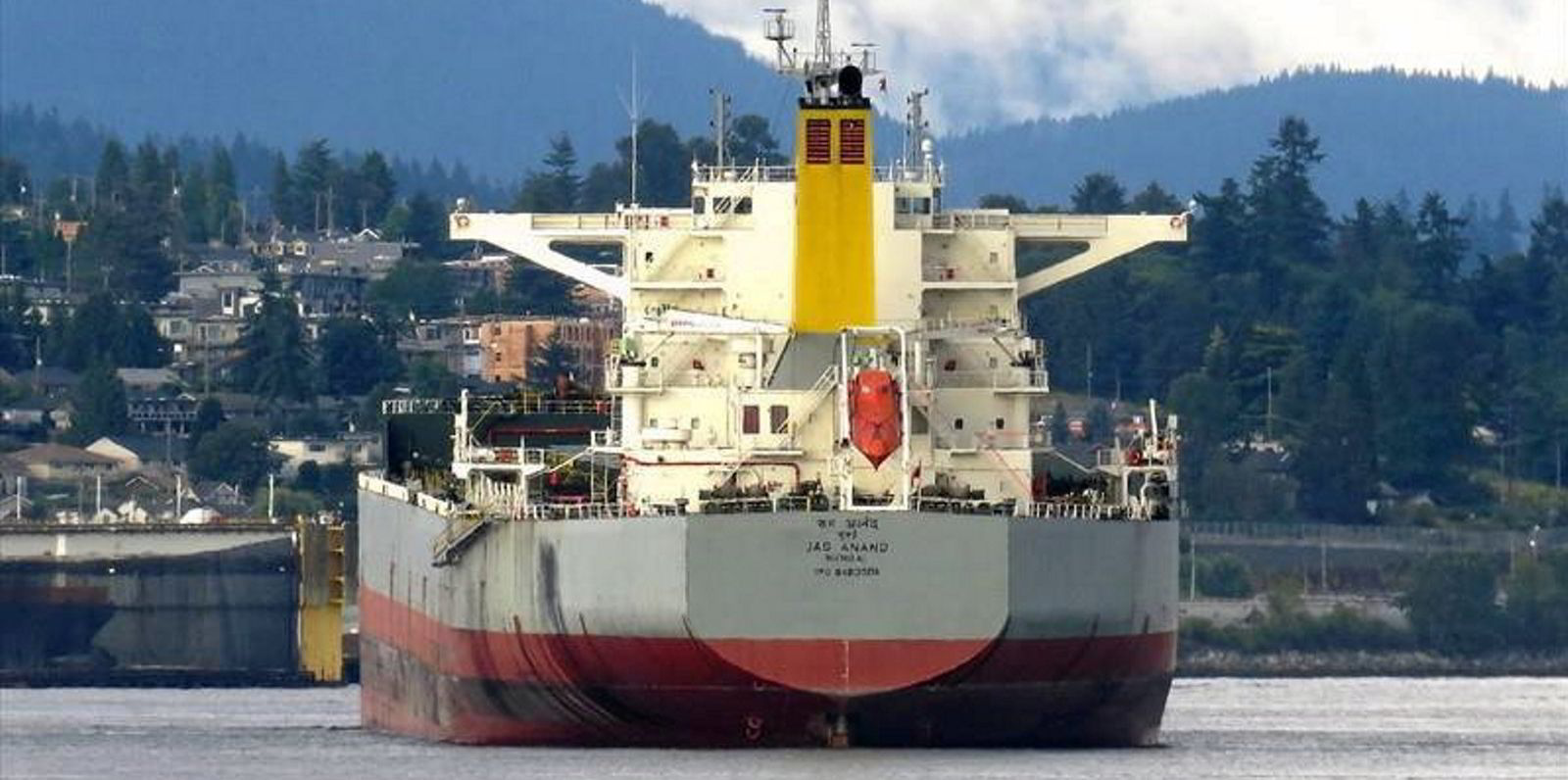The coronavirus pandemic and crew change crisis have refocused the spotlight on seafarer welfare and ship safety.
Systemic issues are affecting crews and undermining efforts to improve standards, two reports released in recent weeks argue.
Research from the World Maritime University (WMU) showed that not only are huge numbers of seafarers serving well beyond their contracts, but many are having to take on additional tasks as a consequence of the pandemic.
This is exacerbating the stress and fatigue seafarers have been experiencing for years.
The WMU report — A Culture of Adjustment — argued an imbalance between workload and manning levels indicates that too many flag states and shipowners are not fulfilling their responsibilities.
“Insufficient manning is the root cause of violations especially during peak workload conditions,” it stated.
A separate survey of maritime workers’ well-being during Covid-19 pandemic showed that 62% of seafarers felt their health and safety was not being balanced with operational demands, and 54% said they were not being helped to manage stress and fatigue.
Root causes
The industry-wide survey was led by Lloyd’s Register in collaboration with the UK Chamber of Shipping, The Mission to Seafarers and Safety at Sea.
Participants in the WMU study, again from all levels of shipping, were convinced that records — intended to ensure standards are upheld — “are susceptible to the practice of adjustment”.
That might better be stated as malpractice of adjustment as it means safety regulations are being undermined with “all stakeholders aware of the problems but lacking the authority or willingness to address the root causes”, the participants added.
WMU president Dr Cleopatra Doumbia-Henry said: “It is well known that fatigue leads to adverse impacts on health and well-being as well as increasing the risks of maritime accidents.”
The report called for collaboration into determining safe manning levels for all operational conditions and a review of the effectiveness of the ISM Code. It also argued for moves to reduce “chronic mistrust between shore and ship personnel”.
The winner of an innovation challenge to find digital start-ups that can create new ways of improving crew health and well-being goes to the heart of the issue of overwork and safety.
The Canary Sentinel and Workrest fatigue management platform will be tested on a tanker by Shell Shipping & Maritime, with the aim to develop an intelligent rostering system that monitors work and rest factors, and creates schedules to help reduce fatigue.
It will use an app to monitor health biomarkers including heart rate variability, sleep quality and stress levels and identify fatigue impairment. Seafarers will also receive self-health management and rest coaching.
David Cudbertson, fleet operations manager at Shell, told TradeWinds that the approach will investigate whether it is possible to change the traditional watchkeeping rota system of four hours on duty and eight hours off, where seafarers often have to work during supposed rest periods.
Previous attempts to shift to a roster of six hours on and six hours off have been found to cause even more fatigue. But data to understand the effects of disturbing crew rest periods or determine what work system might be better has never before been gathered.
It will not be clear until after the trial whether improved ways of managing time can be found or if seafarers will adjust to them. Resistance to schemes intended to help seafarers deal with stress has been met in the past.
Shell found that only about 15% of seafarers have adopted a system known as Altogether Now that allows crew to talk in confidence to counsellors about problems they have. Cudbertson said seafarers are not traditionally good at opening up and sharing their concerns.
But the biggest issue remains that of changing crews.
Intense lobbying at all levels has not convinced enough authorities to give seafarers key worker status, which would allow them to leave and join ships without major issues.
Inside view
Last week, TradeWinds ran a letter from the captain of a tanker in the Middle East who said he was at breaking point trying to manage the problems for his crew — several of whom will soon have been on board for a year.
The master, who asked to remain anonymous, wrote that his crew are exhausted and some are suffering damage to their mental health.
“After months on board, working a shift pattern that was designed with long rest periods in mind, everyone is extremely tired,” the Secret Captain wrote. “I worry constantly about accidents because the crew cannot always be fully focused.”
Much still needs to be done to improve crew welfare.
Ship managers are adopting
welfare packages to help tackle issues faced by crews.
Columbia Shipmanagement is bringing in two schemes to promote crew health and well-being.
Its benefits package offers seafarers life insurance and an investment plan for medical costs, disability provision, pension planning, and major purchases.
ColumbiaCrewCare is a subsidised “cradle to grave benefits package”, said Columbia’s group director of crewing Norman Schmiedl, with a starting cost of about $1 per day.
The “holistic” approach to health also includes a scheme to assist crew to get fit by supplying them with their own equipment and a free interactive phone app to help record weight loss.
The ColumbiaFit scheme provides options to sign up to fitness classes, yoga, relaxation and meditation techniques.
On launching the package in October, Mark O’Neil, the company’s president and CEO, told TradeWinds: “I don’t think this has been done before but I don’t think we’ve had a situation like Covid-19 where all companies’ full attention has been focused very much on the backbone of our operations, which is our people, our crew, our clients.”
Another ship manager adopting an employee benefit scheme, Thome Group, won The Mission to Seafarers Innovation award for benefiting seafarers’ welfare.
Its TSM Privilege Card provides healthcare plans, mobile phone deals and insurance policies, plus special rates on loans.









